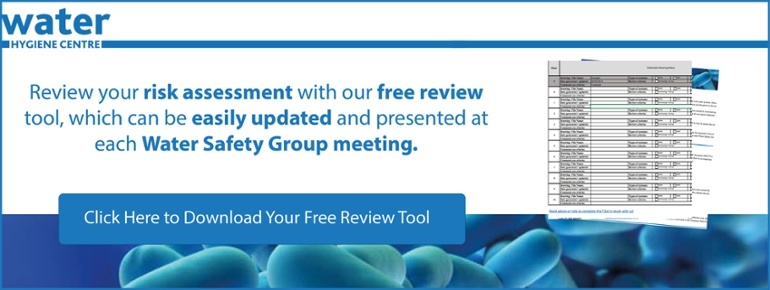Pubs are no longer just places to get a drink, they also have restaurants, and many offer accommodation and therefore could be thought of as small hotels: in fact, one key factor to consider is that those people who are particularly prone to Legionella and at higher risk, such as those over 50 years of age and those who drink or smoke are potentially a higher demographic when looking at pub users.
So is there a legionella risk in pubs?
The answer is a firm YES and steps must be taken to manage this risk.
Pub companies, whether large or small – and individual owner-operators – must consider the exposure to risk for their staff, any visitors, and their customers. Those pubs that also offer overnight accommodation must also consider the specific risks from the water services within their shared bathrooms or en-suite bathroom facilities provided.
The last official published figures in May 2020 showed that in 2018 there were almost 48,000 pubs in the UK and each of these will be visited by any number of people during a typical week across the whole demographic.
Pub ownership has also changed somewhat, from 1990 when 70% of pubs were owned and operated by the brewery companies to around 50% now operated by individuals or small companies. This has led to many more individuals being responsible for the management of Legionella risk, with less reliance on corporate policies and more on the individual owner-operators etc.
Legionella - Who is responsible?
The basic management does not change however and the main control strategy is still temperature control, simply hot water should always be stored at a minimum of 60°C and supplied to all outlets at between 50-60°C within one minute, and cold water maintained at no more than 20°C.
To protect from scalding in public areas there may be installed anti-scalding devices, such as Thermostatic Mixing Valves (TMVs). To determine this requirement there is a need to assess the risk and this may require the completion of a scald risk assessment to establish the extent to which this is an ongoing risk within each individual pub; and there are routine maintenance requirements for these safety devices which must also be included.
Poor management of legionella is an established and well-known contributor to a loss of control and an increase in Legionella growth. It is crucial for pubs to adequately manage the risks and maintain records of all monitoring undertaken. Legionella Training of site staff to understand the associated risks is also crucial to not only maintain water quality but also to ensure monitoring and maintenance tasks are undertaken at the correct intervals and to the correct standard.
This programme of legionella control should include as a basis the following:
- Have one named person responsible for legionella control – the Responsible Person;
- Ensure the named person is trained in the control of legionella and all other staff are trained to be aware of the importance of their role in controlling legionella;
- Ensure that the Legionella risk assessment is up to date and correct for the property and is regularly used as a point of reference;
- Always have a Water Safety Plan or Written Scheme of Control and maintain this.
Feel free to reach out if you have any questions about the issues mentioned above or if you would like to consult with one of our experts on water hygiene.
Editor’s Note: The information provided in this blog is correct at date of original publication – October 2020.
© Water Hygiene Centre 2020









